How has COVID-19 affected teens/children’s development?
What are pandemic babies?
Are incoming students to Lakes Highschool struggling more with social and academic activities?
Has bullying become more of an issue?
COVID-19 has affected people differently, some people have become more introverted, and some have become extroverted. But more crucially, it has prevented young children from developing the social skills they needed.
I think that people who grew up in the pandemic at around 12 years old have become more ‘mature’. Now, it isn’t that they are mature at all, but rather they are trying to grow up faster than they should. This is due to their parents having let them have access to the internet at such an early age, and the growing problem of parents using their children for money. For example, a popular youtuber has been arrested for abusing and extortion of her kids. It has become more common for parents to post their children on social media.
Also, teens have been more vulnerable to mental health issues. Data from CDC reports that suicide rates have increased as well as the number of teens and young adults have entered therapy for depression, anxiety, and food related disorders.
A teacher’s perspective
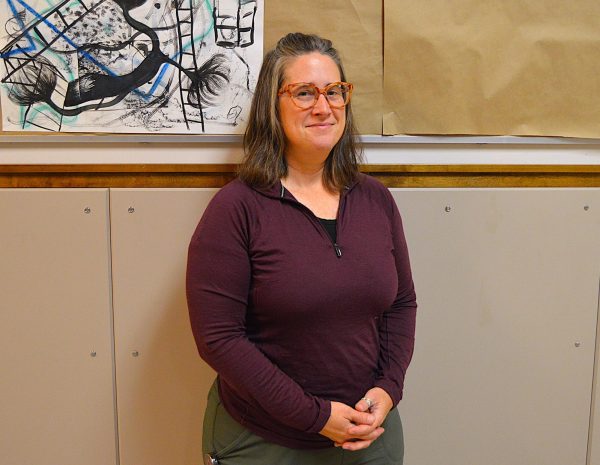
Kirsten Lawson, the ceramics teacher at Lakes High School, has worked at Lakes since before COVID-19. When asking her how students have changed from before to after the pandemic, she responded, “I do think that kids are more mature, and more compassionate.”
Lawson feels that there is less drama at Lakes than in previous years. “Kids have more space to be kids,” she says.
When asked her opinion if students are less academically driven or more, she replied, “I think that kids are more academically driven; I am seeing better attendance and accountability from students in my class.”
Student perspective
When asked if she thought kids that had gone throughout the pandemic (the freshman) are trying to be more adult like? Laes Junior Ingrid Valdivia-Torres replied, “Yes definitely, because of the pandemic there have been so many kids online every day and I feel like because of that kids have been wanting to be more like the people they see online.’’
When it comes to underclassmen having adequate social skills, Valdivia-Torres said, “I think they have better social skills, because of the lack of interactions they’ve had when they were younger while going throughout the pandemic. “It’s like the energy they’ve been bottling up is exploding as soon as they get to school. They’re extremely loud and they aren’t afraid of talking to strangers- if I’m being honest, they’re a lot more childish and act like toddlers.”
So, is there a notable difference between older students that were already in high school as the pandemic occurred and students that weren’t?
Valdivia-Torres had strongly stated, “The younger students don’t care about their surroundings, they will do anything at any given moment while the older students who have gone through high school are more socially aware. For example, during the assembly the younger students were yelling and laughing; they were having a lot of fun during the school activities. I noticed that most of the juniors kept very quiet. They weren’t yelling or cheering during the activities. I’m not sure if it’s because of the amount of time they’ve gone through high school, and they may get tired of socializing or if it’s that freshman’s just have a lot of energy built up.’’
COVID-19 effects were detrimental but not permanent
I enjoyed interviewing everybody and learned a lot about student and teacher opinions on how COVID-19 effected people. I believe that there are ways to fix the negative effects that it had on people. This generation is a lot more open to therapy and getting help. I think that if schools and their parents help their kids with what they need, we can get a lot more results both academically and socially.
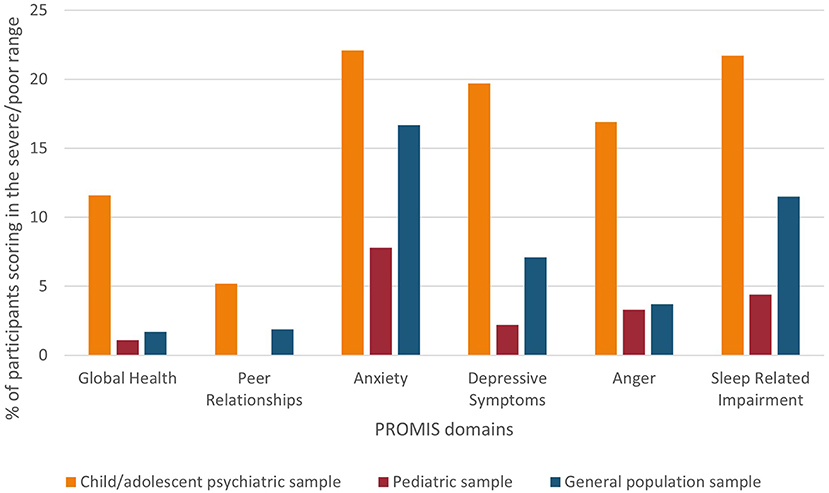
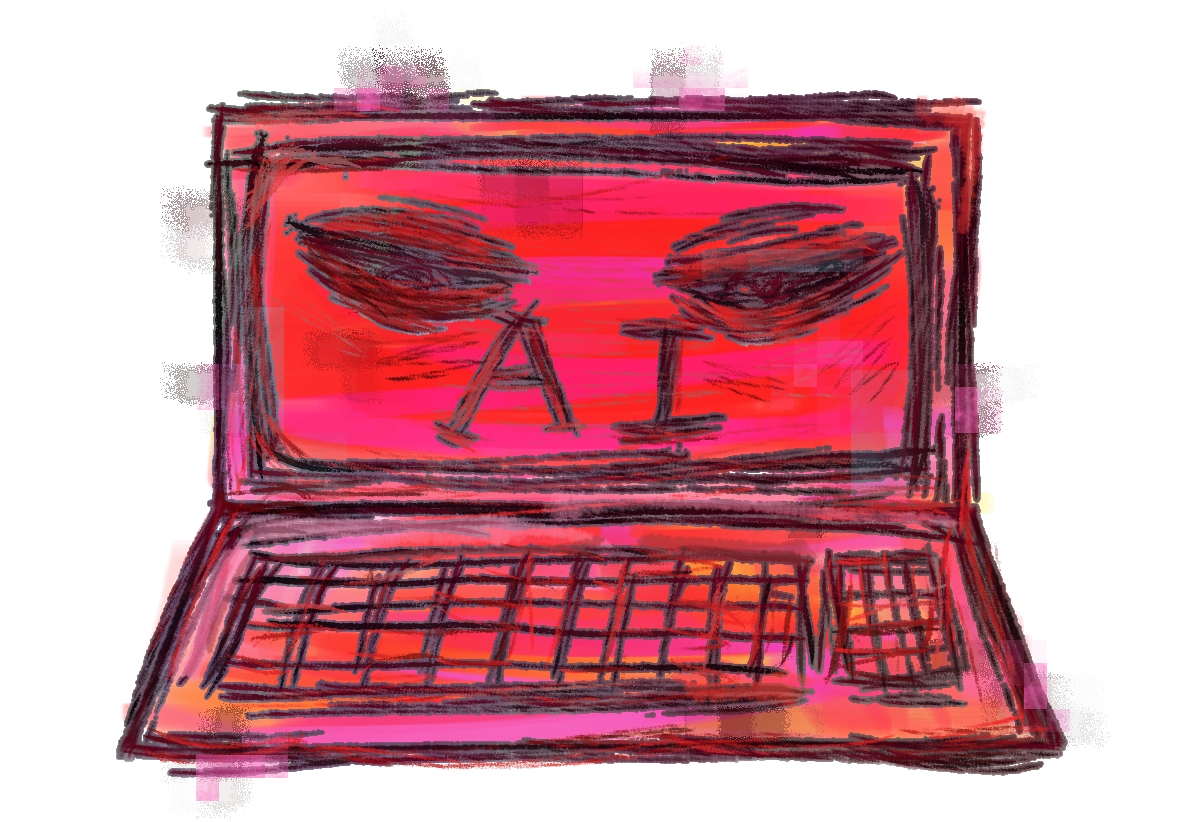
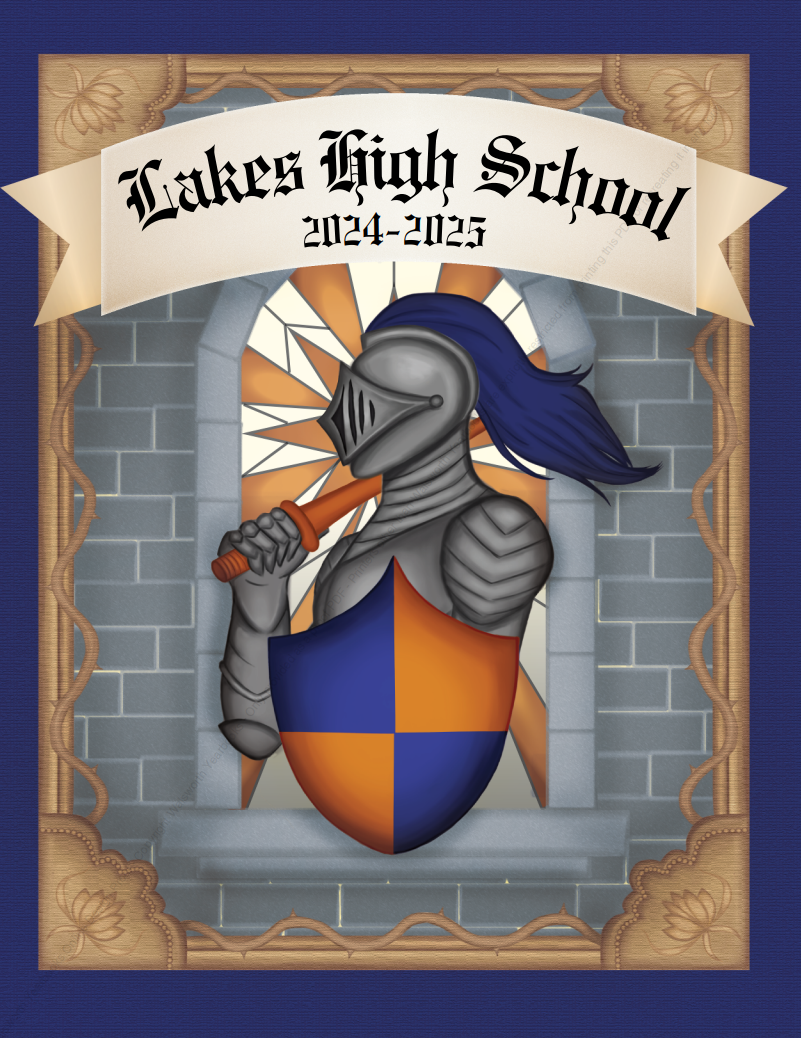
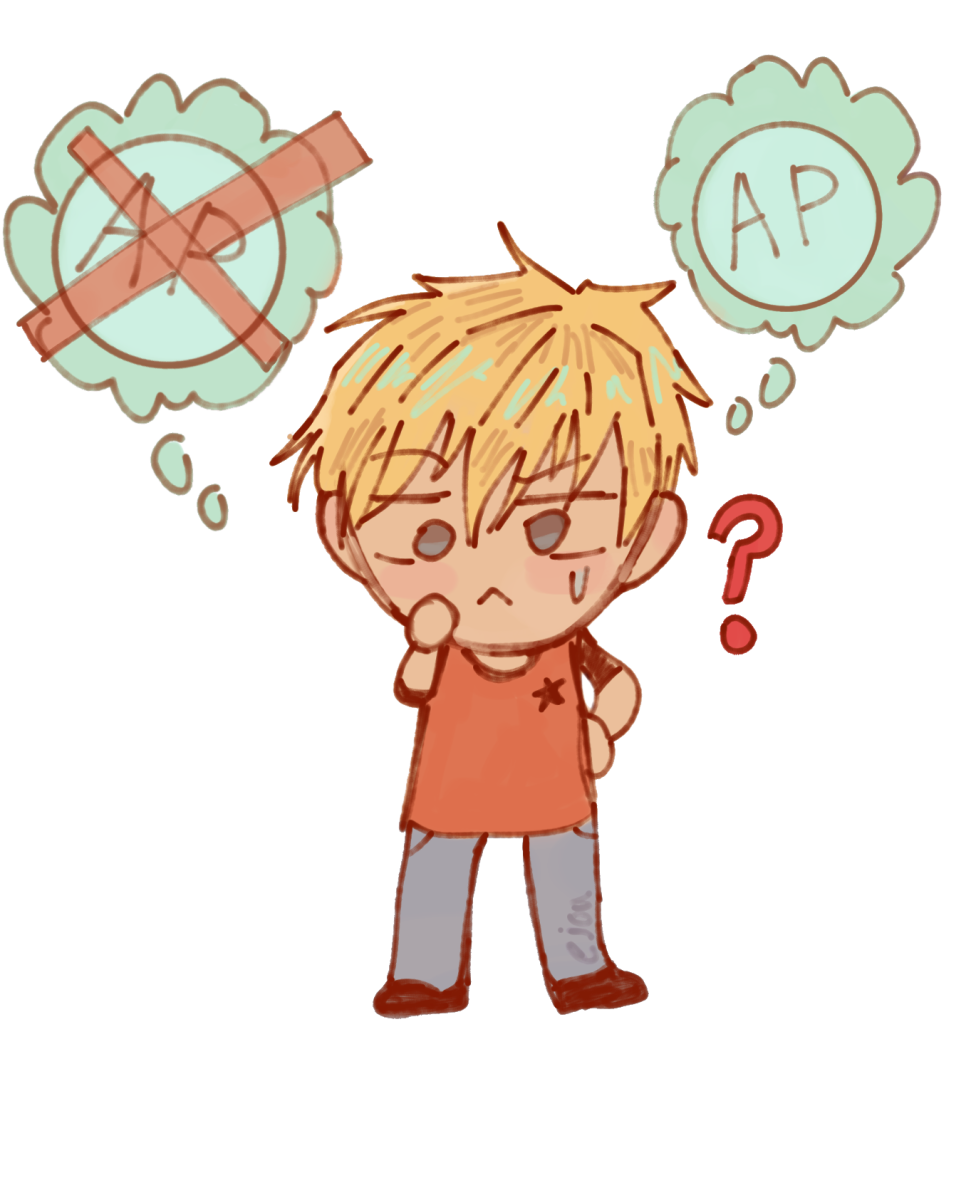


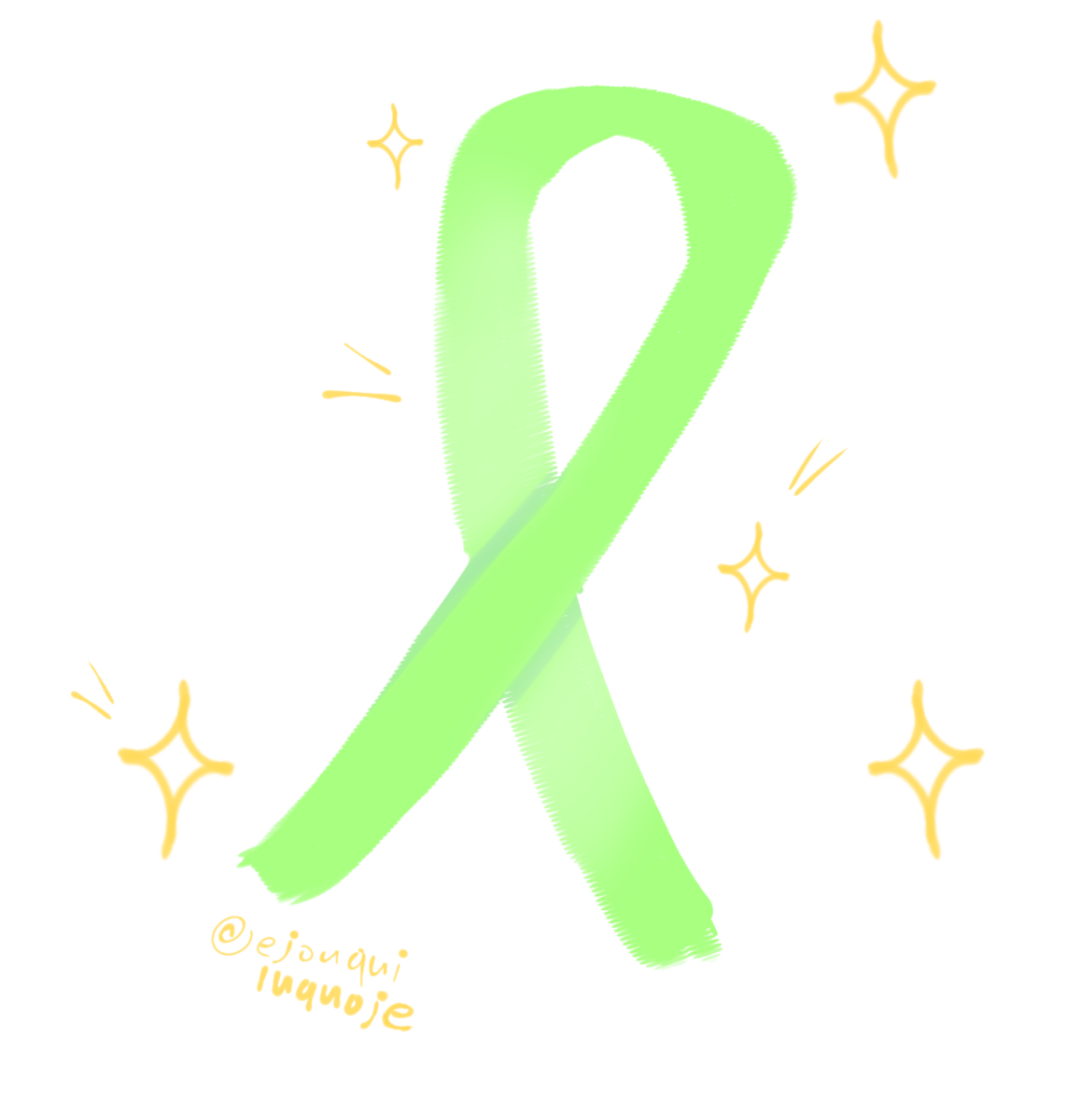
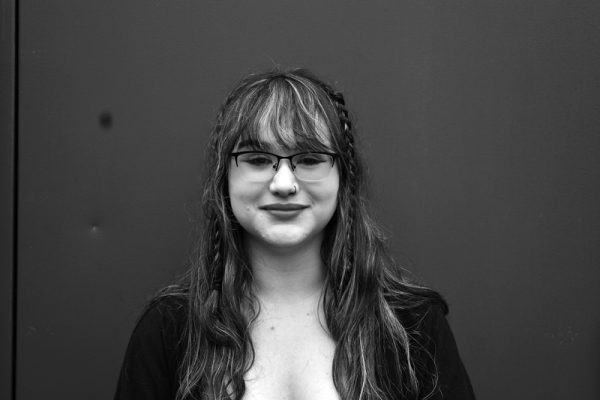
Cecilee Phillips • Nov 12, 2024 at 11:35 am
I love the perspective this brought on Covid. I myself, can see the difference in maturity in contrast to before and after Covid.
Mackenzie • Nov 8, 2024 at 12:24 pm
Great job! Keep up the good work 🙂
Danielle • Nov 8, 2024 at 8:21 am
I really understand this and where its going!
Emersyn Quenga • Nov 8, 2024 at 8:09 am
it was really refreshing to see multiple views on the effects! Thank you for getting real information and taking the time to do that! Great job!
Amand bailey • Nov 7, 2024 at 12:31 pm
I think this a great article bring attention to this topic of how kids around the ag of 12 feel like they have to act older because of how much social media they are on, due to Covid-19.
Dana Rose Dungca • Nov 6, 2024 at 8:40 am
Really well-organized article. I love how you shared the different perspectives of this topic.